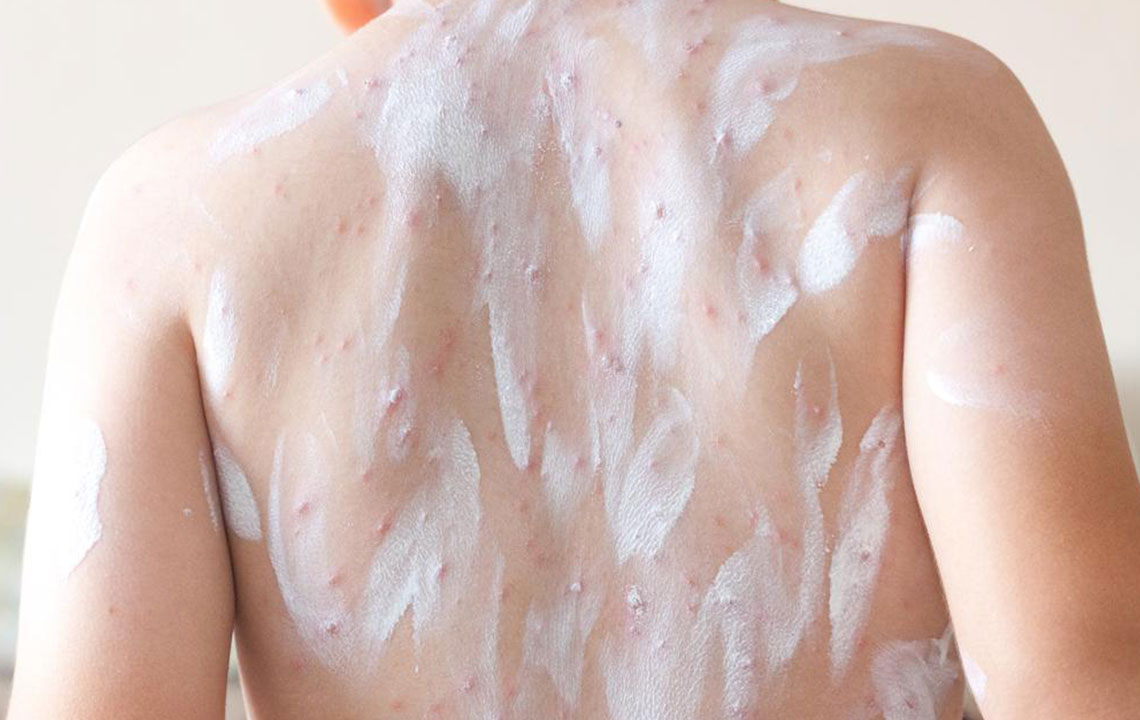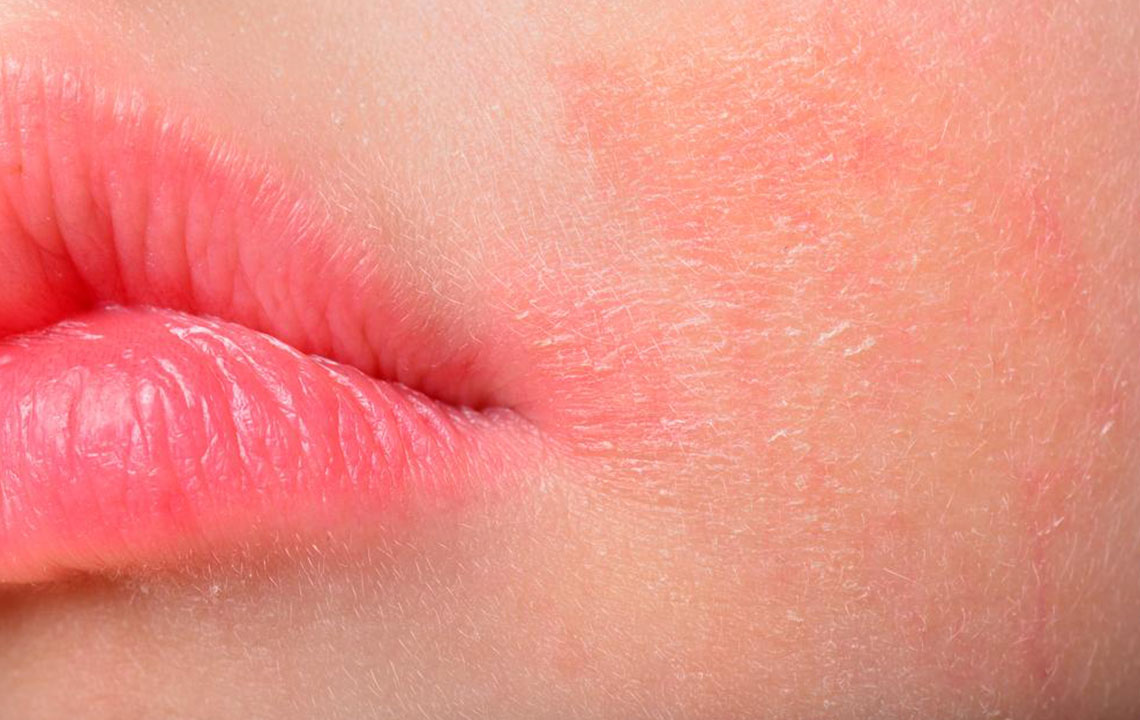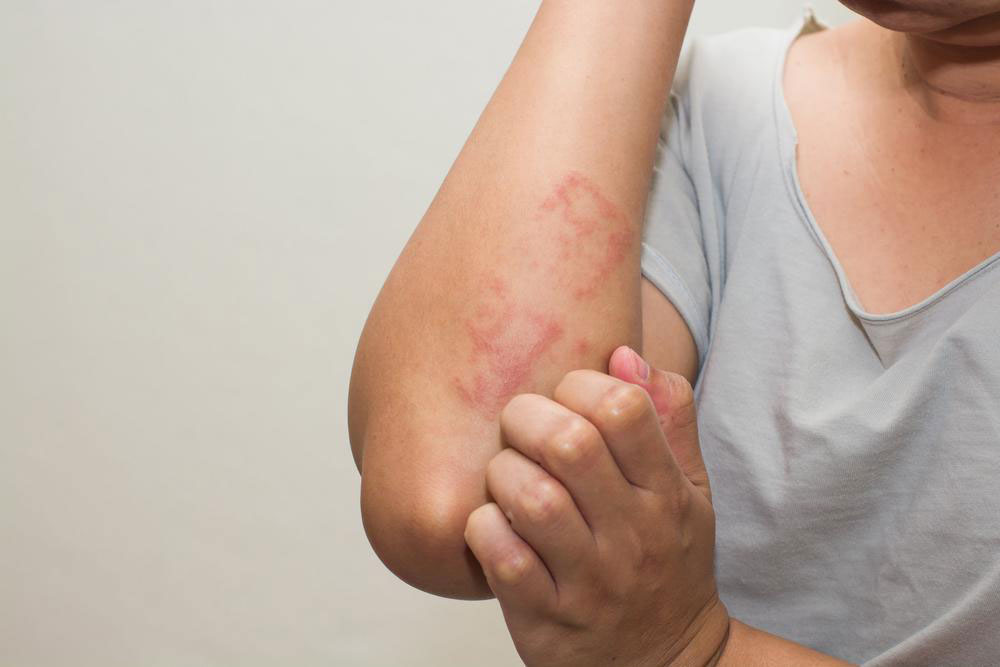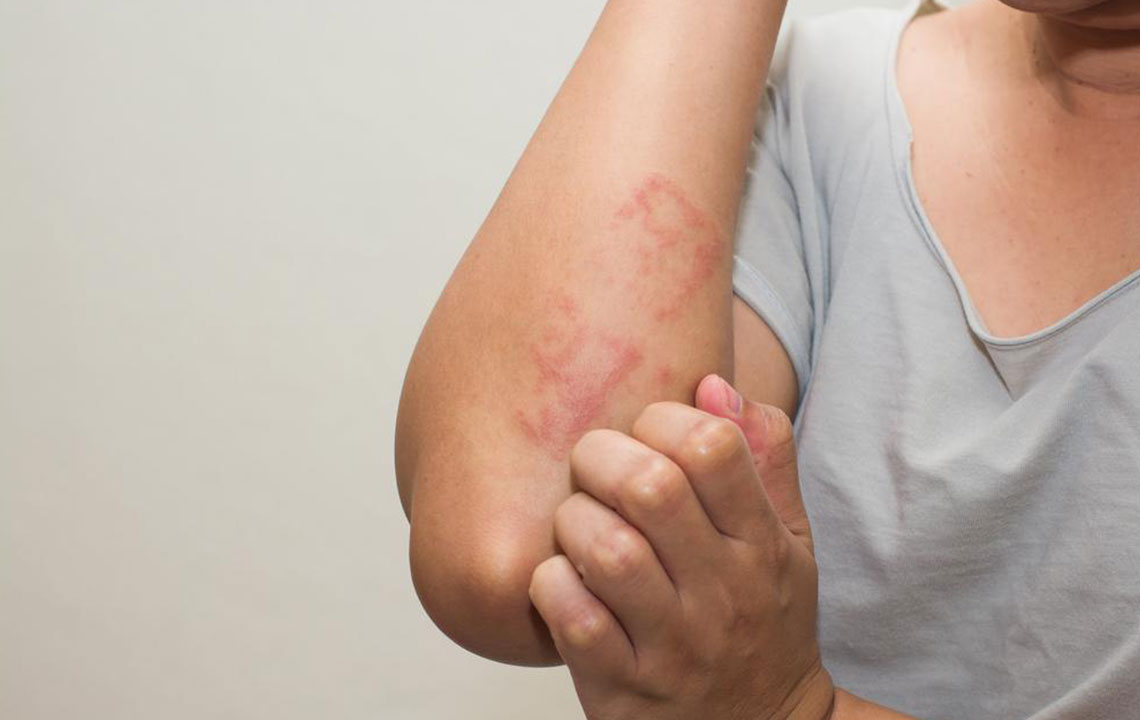Effective Strategies for Managing Atopic Dermatitis
Learn effective strategies to manage atopic dermatitis, a chronic skin condition. This guide covers routine check-ups, avoiding irritants, and skin care tips to control symptoms and improve quality of life. Stay informed and proactive with your skin health for better comfort and confidence.

Effective Strategies for Managing Atopic Dermatitis
Atopic dermatitis is a chronic skin condition characterized by inflamed, dry, and itchy patches. While no cure exists for the root cause, proper management can control symptoms and prevent worsening. This condition can impact both the physical appearance and mental well-being of individuals, making effective care essential.
Maintaining a good quality of life is possible through open communication with healthcare providers. The disease is non-contagious, and with appropriate measures, its symptoms can be managed effectively. Here are some essential tips for controlling atopic dermatitis.
Regular Medical Check-Ups – Routine visits to your healthcare provider are vital. Often, topical treatments and ointments are prescribed, and consistent follow-up ensures optimal results. Antibiotics may also help in repairing skin from within. Sharing photos of affected areas with your doctor can help monitor condition changes.
Avoid Scratching and Rubbing – The inflamed skin tends to be itchy, but scratching can worsen the condition. For children, keeping hands busy with activities can reduce rubbing and discomfort.
Identify and Minimize Allergens – Dust mites, pollen, and other environmental allergens may not directly cause atopic dermatitis but can exacerbate symptoms. Avoid contact with known triggers to prevent flare-ups. If food allergies such as eggs, peanuts, soy, wheat, or fish worsen the condition, consult your doctor for guidance.
Use Gentle Soaps – Harsh soaps and detergents can irritate sensitive skin. Opt for mild, fragrance-free cleansers and bathe with lukewarm water to reduce irritation.
Consistent Moisturization – Keeping the skin moisturized prevents dryness and flaking. Thick creams or petroleum jelly provide longer-lasting hydration, helping to maintain skin barrier integrity.










